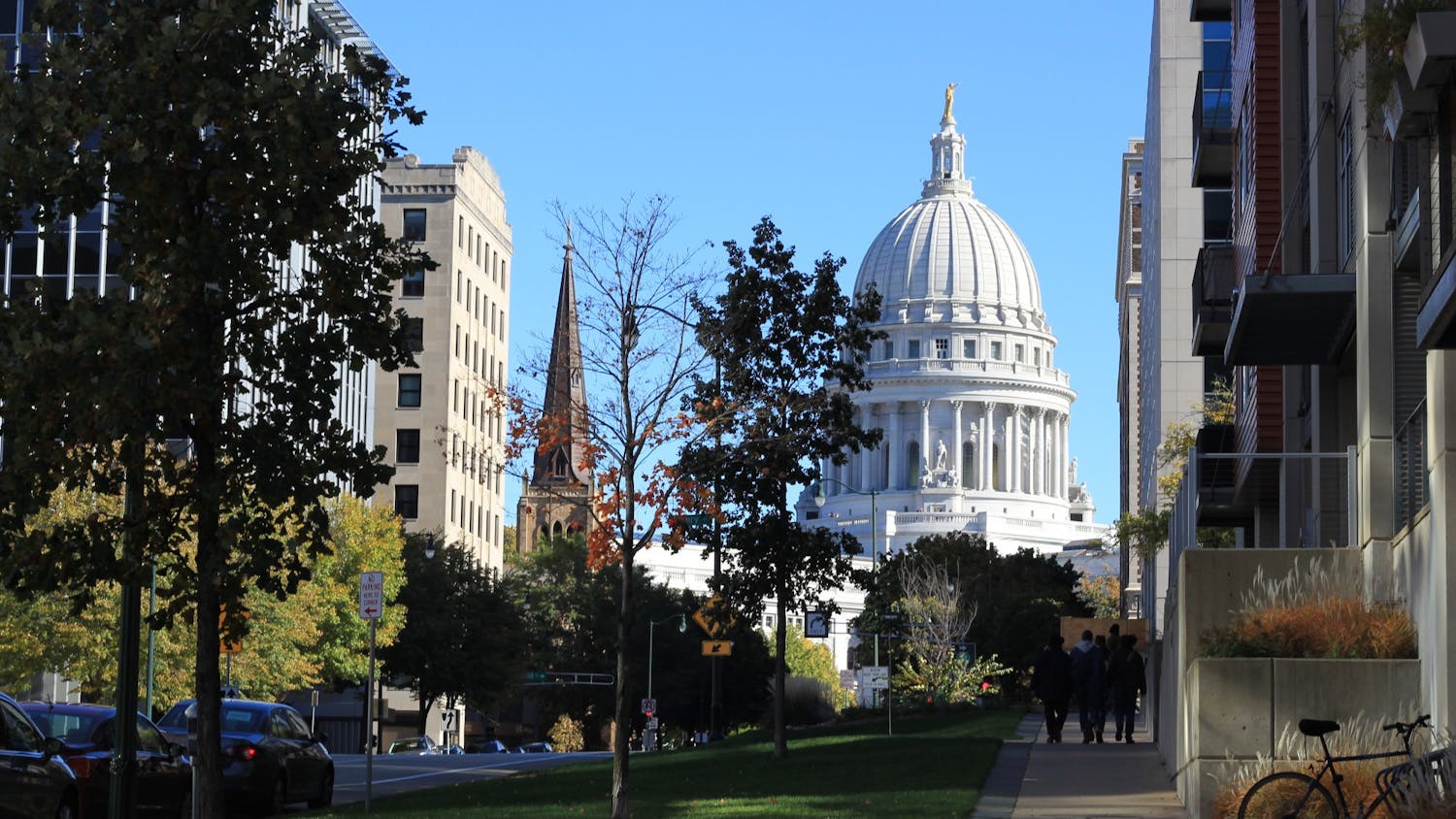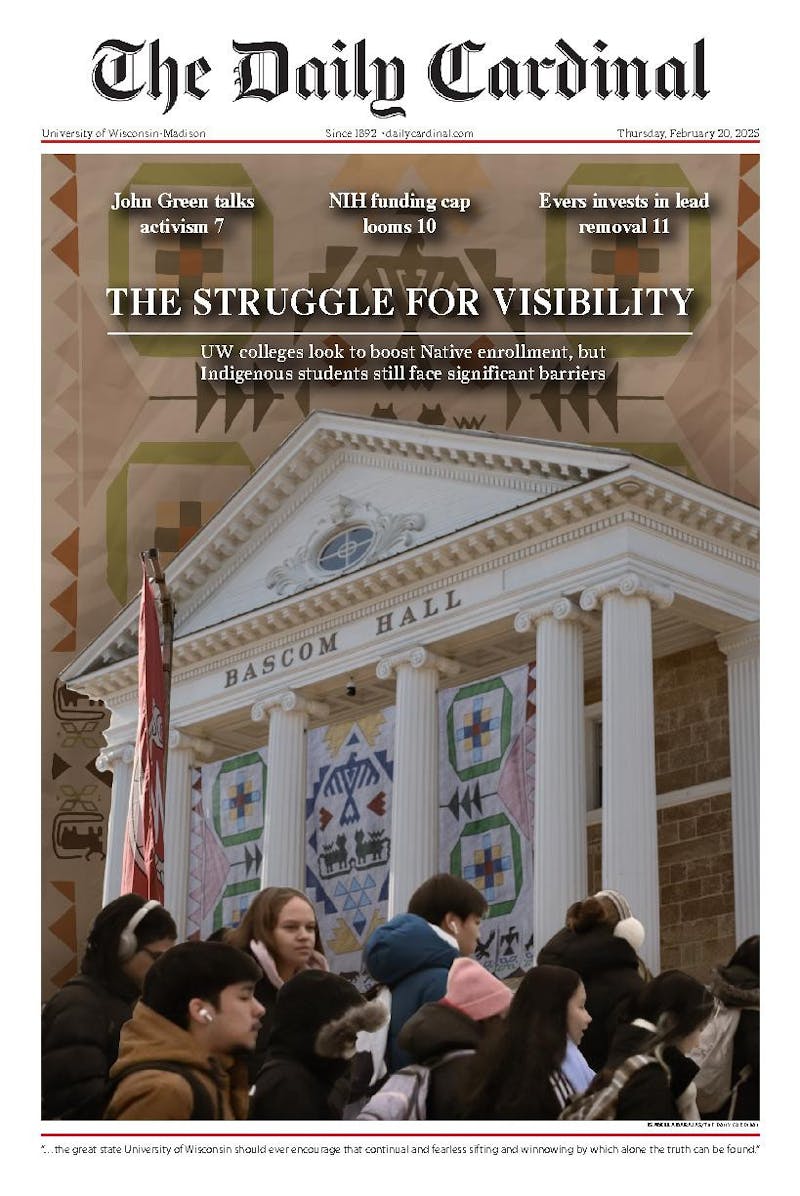Former Muslim and feminist speaker Ayaan Hirsi Ali gave a controversial lecture at the Memorial Union Tuesday night as part of the Distinguished Lecture Series.
Over a thousand people endured hour-long lines and airport levels of security to attend the highly-anticipated event in which she delivered a message critical of Muslim society and called for increased freedom for Muslim women all over the world.
Hirsi Ali said she uses her personal experiences as a former Muslim to form her views on the treatment of Muslim women. Originally from Somalia, she fled to the Netherlands to escape an arranged marriage, and began to question much of what she had been taught.
""I had wholeheartedly embraced Islam,"" Hirsi Ali says of her teenage years. ""And yet, there was this deep part of me that rebelled, and I had questions about things that I had no right to ask questions about.""
She said those questions included the topics of modest dress for women and the view of women as the property of their husbands. She cited cases in the Arab world and in the U.S. where violence against women was justified through the Qur'an and Islamic teachings in illustrating her argument.
In countries under Islamic rule, Ali said, ""It is law to disclude women from rights and freedoms enjoyed by men. Marriage and divorce, testimony in court, dress, inheritance. In these issues, Islam scripture is implicit that women are inferior to men.""
She issued a call to action for all Americans to fight against what she views as a human rights violation, stating the issue is more significant than most people realize.
""We must use intelligence and reason to confront what I see as one of the world's greatest inequalities: the treatment of Muslim women. This inequality is not only a moral tragedy, but is a threat to global peace.""
Her speech met resistance from many in the audience. Shouts of ""Allahu Akbar"" were heard, which means ""God is great"" in Arabic.
Rashid Dar, president of the campus Muslim Student Association, says Ali is not giving an accurate picture of Islam or of Muslims, and fears possible ramifications of her speech.
""She's trying to make it seem like Muslims ignore human rights violations. Well, we don't. She oversimplifies and that's at the root of the problem, that's what can become dangerous for us in America,"" Dar said.
Hirsi Ali said she thanked the University for providing a forum for free speech, but Dar said he questioned the motivations of bringing such an inflammatory speaker to campus.
""Would an anti-Semitic speaker have been brought to this campus? No,"" He said. ""But we accept Islamophobic speakers because we're afraid, and she fits the bill for someone who can confirm our fears. ""
Many audience members explicitly showed their support or opposition during the lecture, participation which was emblematic of the debate surrounding her visit.






